Uzbekistan 'unspeakable abuse' of political prisoners
- Published
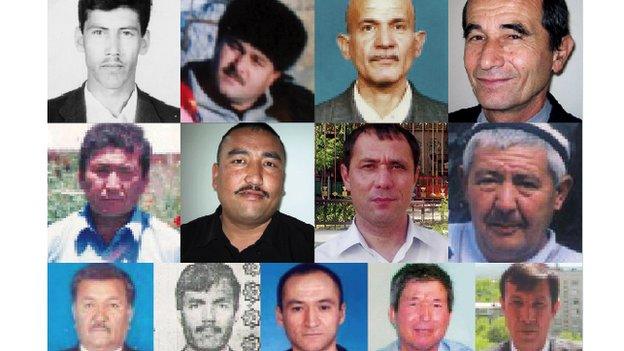
Humans Rights Watch has called for the release of 'everyone imprisoned on politically motivated charges'
Political prisoners in Uzbekistan suffer "unspeakable abuses", including torture and abysmal jail conditions according to Human Rights Watch.
A new report says that activists, journalists and government critics are locked up for years and often have their sentences extended arbitrarily.
The Uzbek authorities say there are no political prisoners in the country and that torture is being eliminated.
The report looks at the cases of 34 current and 10 former prisoners.
"We have concluded that at least 29 out of these 44 prisoners have alleged credibly that they have been tortured either during the pre-trial custody phase or in prison," Steve Swerdlow, Central Asia researcher at Human Rights Watch, told the BBC.
One case highlighted in the report is that of prominent journalist Muhammad Bekjanov who has been held since 1999.
Mr Bekjanov is the brother of Uzbek opposition leader Muhammad Salih and used to work on the opposition Erk newspaper.
He fled Uzbekistan for Ukraine but was abducted by Uzbek security forces in 1999 following a series of explosions in the Uzbek capital Tashkent which were blamed on the opposition.
His daughter Aygul - 18 at the time - told the BBC the family was in shock when they discovered what had happened.
"Inside the flat we saw the signs of a struggle. Everything was broken, all the furniture was smashed. Our family and personal photographs had disappeared. We couldn't believe our eyes."
Unrecognisable
Aygul Bekjanova says she has not seen her father since then, but that her mother visited him two years ago and found him in a terrible state, suffering from TB and with most of his teeth missing.
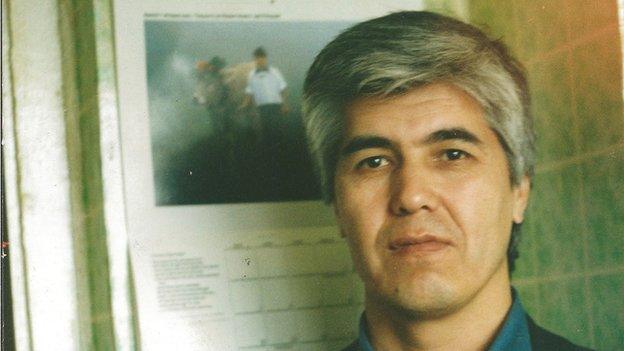
Muhammad Bekjanov is one of the world's longest imprisoned journalists
"My mum says she could not recognise him. He had lost weight to such an extent - he was like skin stretched over bones."
Ms Bekjanova says her father was so severely beaten during one interrogation that his leg broke.
"He told my mother that once prison guards formed two rows, forced him to walk between them while they were indiscriminately beating him with sticks," she said. "Afterwards they left him on the concrete floor for four days without food or water, lying there covered in blood."
Mr Bekjanov was due for release in 2012, but just before that date his sentence was extended by five years for breaking prison rules.
Human Rights Watch says that such methods are a regular occurrence.
"We documented here that the Uzbek government has a policy of extending the sentences of political prisoners on absurd, farcical, completely baseless grounds which they call violation of prison rules," Steve Swerdlow says.
In one case the violations included "incorrectly peeling carrots" in the prison kitchen, according to HRW.
The allegations of torture in the report are serious and include simulated suffocation, beatings, electric shock, hanging by wrists and ankles, as well as threats of rape.
Human Rights Watch says that the prisoners include people who have tried to uncover corruption or seek democratic reforms in a state regarded as one of the region's most authoritarian.
"Uzbekistan should immediately and unconditionally release everyone imprisoned on politically motivated charges, stop arbitrarily extending prison sentences and put a stop to torture in prison," Human Rights Watch says.
Uzbekistan routinely denies that there are political prisoners in its jails. Its officials say that torture is being eliminated and that some officers accused of torture have been prosecuted.
- Published30 October 2024
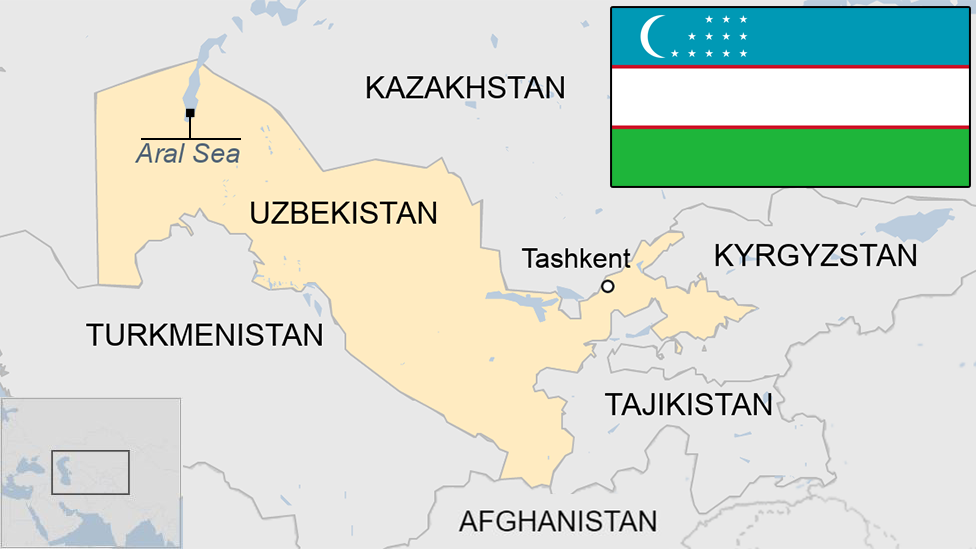
- Published16 October 2012
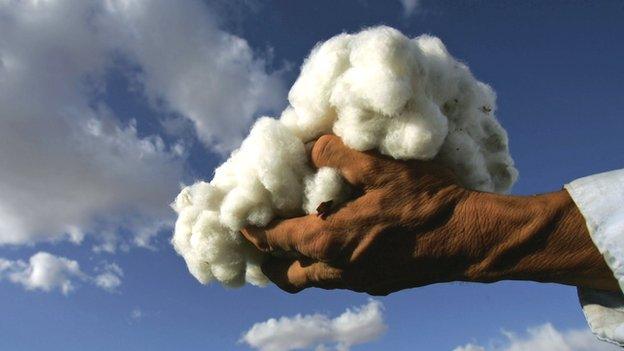
- Published13 December 2011
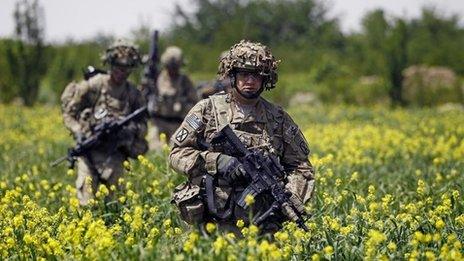
- Published20 September 2011